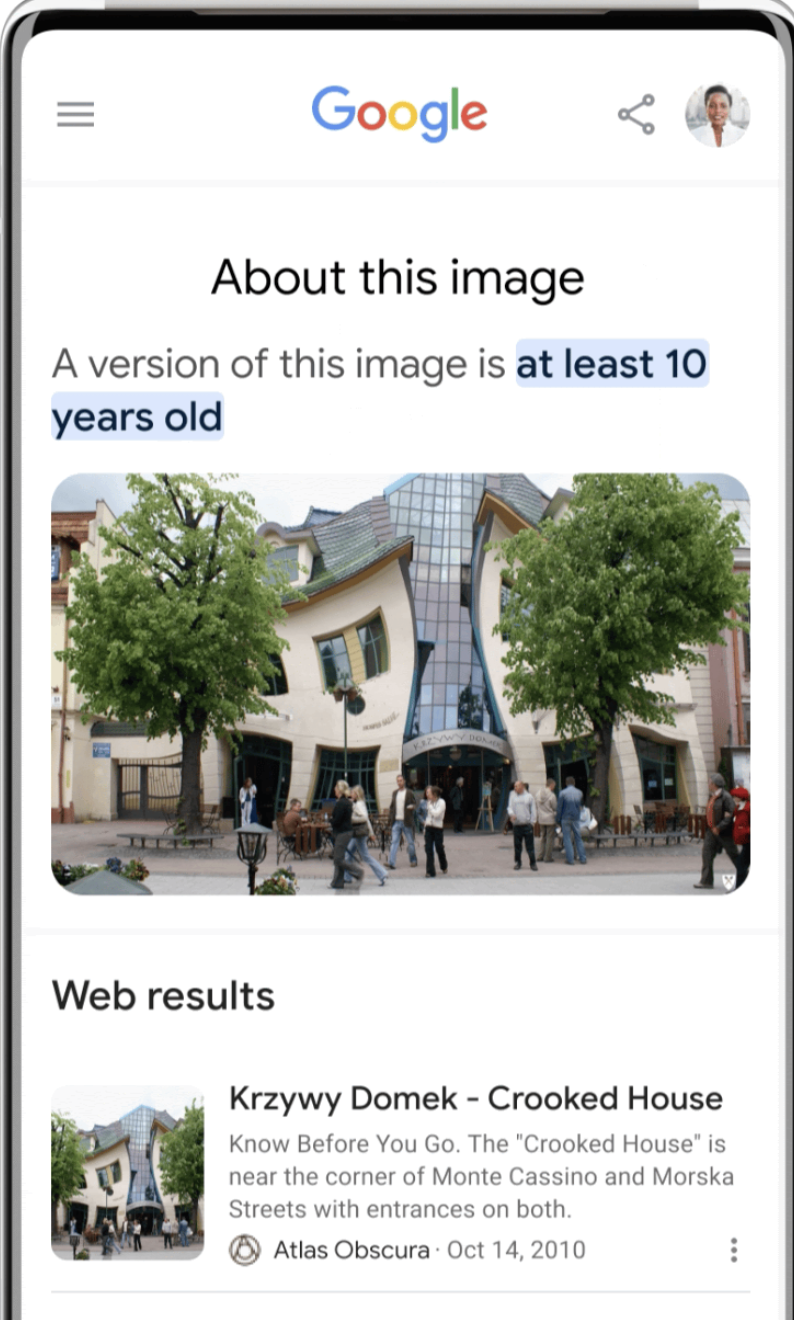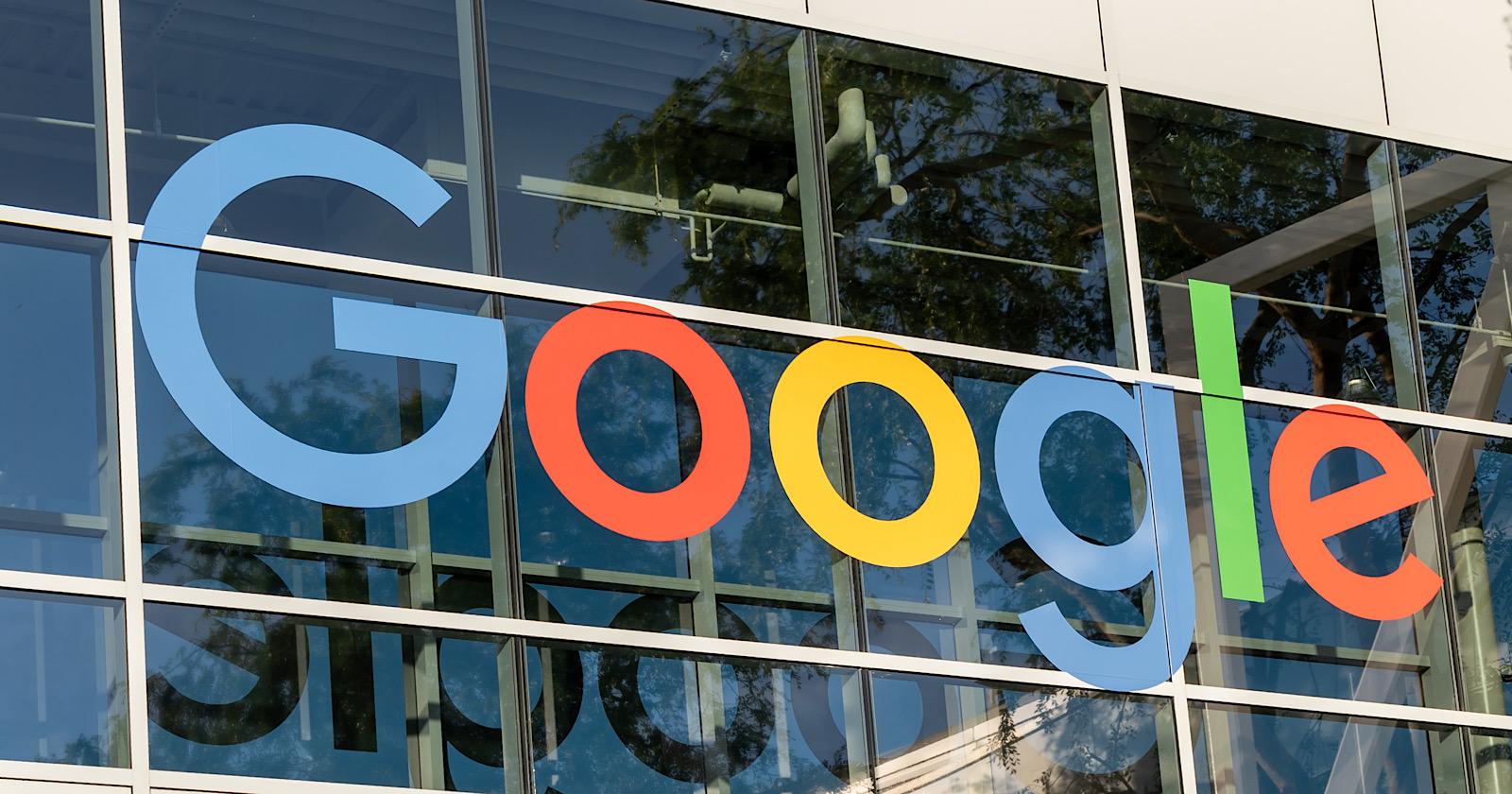Google announced it’s expanding tools within its search engine to help users better evaluate images and source credibility.
The company is rolling out three updates focused on image fact-checking, surfacing contextual information about lesser-known websites, and integrating image verification into products for journalists.
“Having easily accessible tools to help people verify what they see online has never been more important,” said Google in its announcement.
About This Image Goes Global
The first change expands Google’s “About This Image” feature to English-language users globally.
This tool provides historical context about an image, including when it first appeared online, how it’s described on other sites, and any metadata indicating it was AI-generated.
According to Google, this can help determine if an old image is being taken out of context or altered to spread misinformation. The feature is accessible by clicking the three-dot menu next to images in Google search results.

Integrating Image Fact-Checking For Newsrooms
Google announced new image search capabilities in Fact Check Explorer, its database of fact-checks from independent organizations worldwide.
Approved journalists and fact-checkers can now search this image database via API to assist investigations in debunking viral fake images and videos.
Early testers reported the image search cut their fact-checking time by over 70%, allowing them to publish verified image claims faster.
Surfacing Context About Lesser-Known Websites
Google is testing ways its new generative AI models can provide helpful information about unfamiliar websites.
For opted-in users, search results may show AI-summarized descriptions of sources backed by credible sites that discuss the website.
This aims to aid users in evaluating information from new merchants or sources lacking Wikipedia pages. Google stated this is an early, small-scale experiment supplementing existing knowledge panels and summaries.
Looking Ahead
The updates come as online misinformation spreads rapidly through manipulated or out-of-context images.
In a 2023 Poynter Institute study, 70% of respondents lacked confidence in verifying online images.
Google stated that these latest tools aim to address this problem and help searchers navigate information online more confidently.
Featured Image: JHVEPhoto/Shutterstock
